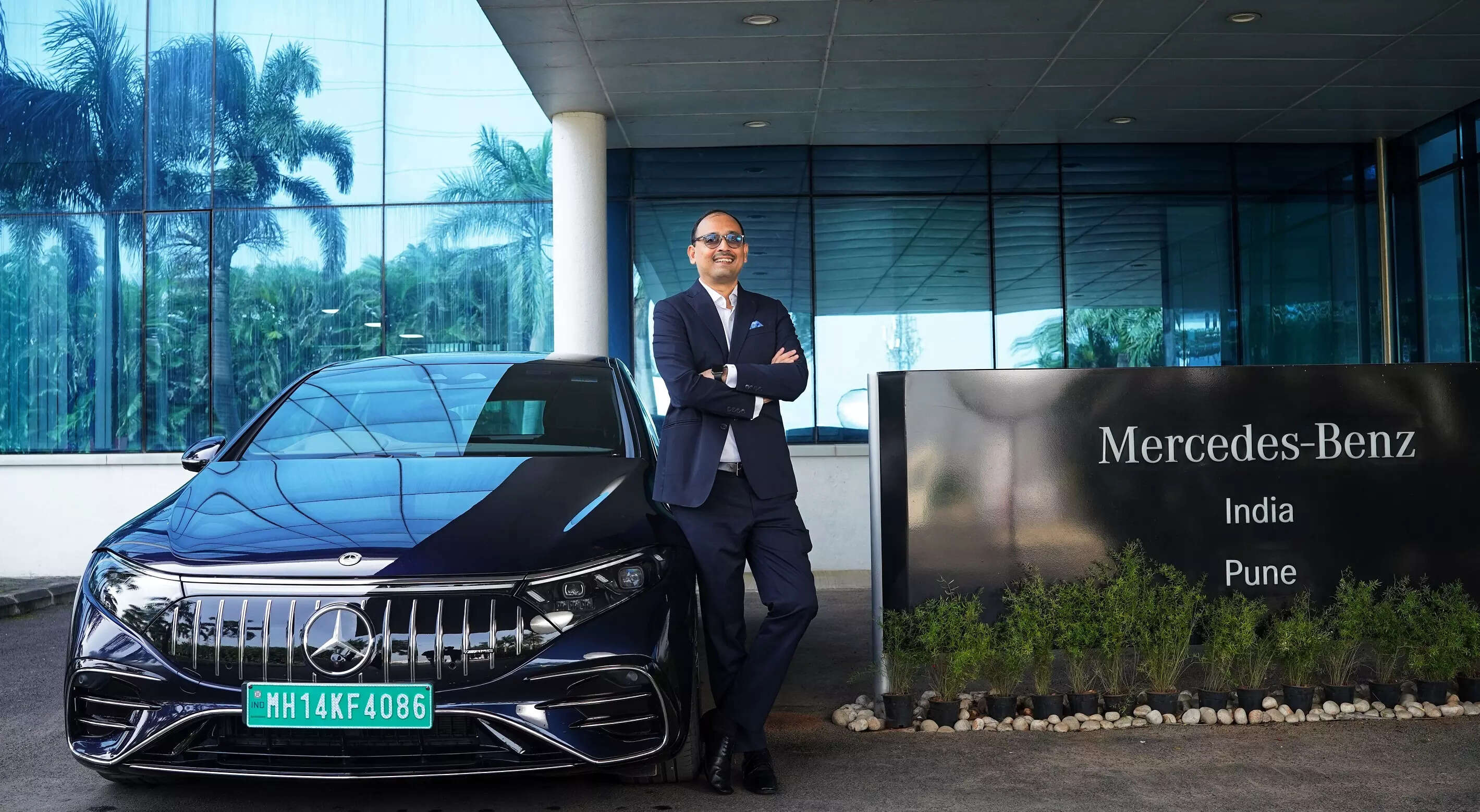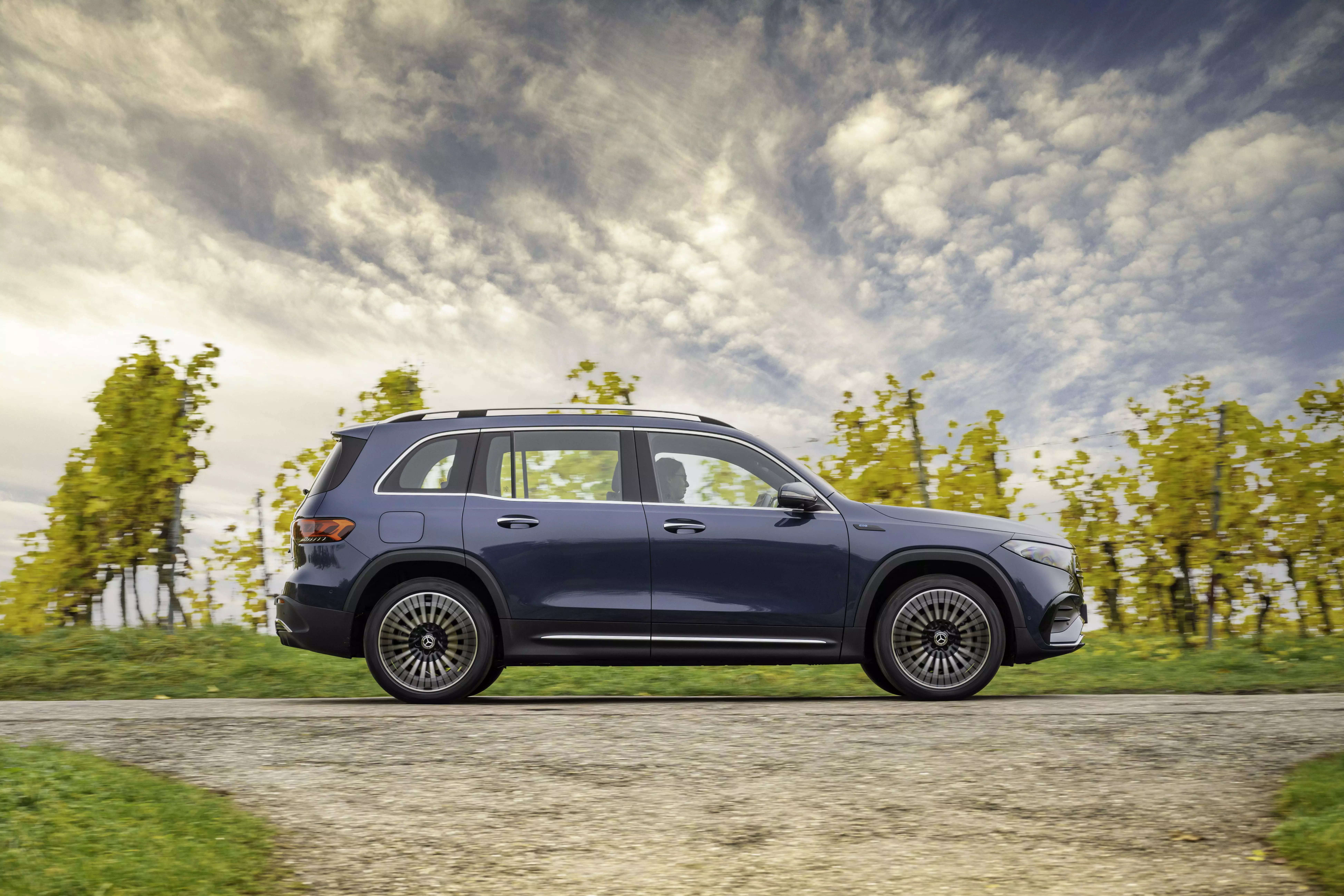
Q: What are the learnings and feedback since the launch of Mercedes Benz India’s first EV, EQC? Does this help you build the strategy for EQS and others?
In 2020 January, when we launched our first EV, EQC, as a completely built unit (CBU), the big question was, ‘Is India ready for EVs? Do we have sufficient charging infrastructure? Will consumers shift to EV? Hence we said, ‘let’s test the market out’. We were convinced that there is a market. But, when we launched the car, the response and the bookings we had were such that we could not supply them in the first three months. We realised that we have under-called the market.
And then COVID happened. With COVID, there were a lot of supply chain disruptions worldwide. We were always playing a demand catch-up game.
Secondly, the range anxiety issue. If you get a car which has over 500 km range in real world conditions that should take care of real world driving. We also said whenever we do that we should also launch the infrastructure for normal use cases. And then the question was, `what should be our strategy’? As a luxury car brand, we said, we need to bring the best because for the consumers to shift to electric, they need to experience the best. And therefore, our strategic decision was to go with EQS saying that `we will go with a top-end luxury segment and we will localise that.’
With our technology, the range and the experience, we are sure that our transformation to a fully electric car brand will happen with EQS in India. And therefore it was close to 18 months ago that we intensely discussed and said,’ yes, this is the direction we go’.
As for EQC, all I can say is that it is the largest selling luxury electric car in India, in terms of car parc. We are not giving individual numbers because it’s spread over a period of time.
Q: The serious electrification journey started with EQS. Do you take a top down approach?
Exactly. Unfortunately, with EQC, we had one or two COVID lockdowns in between. Also there were global supply chain challenges. So we were not able to fully encash the demand that EQC generated. EQC showed us that demand is strong and people are ready to buy EVs.
Q: So you’re saying, in hindsight, you underestimated the demand for EVs in India?
We underestimated the demand for electric cars in India at the time of EQC launch.
Q: What do you expect the demand for EQS to be like?
We’ll have to wait and see. The car can be bought both online and offline. Priority will be given to Mercedes Benz customers. We want our current customers to enjoy the car as a priority and then of course new customers come in. The bigger chunk of the allocation will go to Mercedes Benz customers, and the rest to non-Mercedes Benz customers.

Q: What’s the customer base for Mercedes Benz India?
It’s one lakh and fifty thousand.
Q: Do you expect EQS to outsell EQC?
Yeah, easily. EQC was a CBU. Its price was INR 1 crore because of the import duties. EQS is a locally assembled model and therefore it’s better value overall. EQC did the job of testing the market for us to know the customers. EQS will do the job of growing a market which is significant, not only from a volume perspective, but also in terms of real luxury customers experiencing EVs. This will have a trickle-down effect on the overall EV segment because most of the individuals who drive EQS will be opinion leaders.
For example, the people working for corporate houses. When they see their leaders driving a luxury EV, they could be influenced to shift to an EV, maybe from a mass market player. It’s also about aspiration. I think the overall adoption will become faster with this.
Q: Sindelfingen is the mother plant for EQS. Usually you have market-wise allocations. India, being the first and the sole market for EQS assembly, what would be the rough allocation volume?
See, at the end of the day, we have invested here, so the HQ will do the best to support us. But this car is sold out world-over also. We need to remember that EQS carries a huge waiting period in different markets. So we are cognizant. We have estimated the demand and we will be in high triple digits, I would say.
Q: During the Maybach’s launch in March, you had mentioned that this year is set to be better than the record year of 2018 in terms of sales. Does that outlook hold true now also?
Yes. We see we are on track to have the best-ever year. But I don’t know if the last remaining months throw any surprises to us, like supply chain challenges etc. If things go well, we’ll end this year as the best over here in our history.
Do you expect the overall luxury segment to be at around 40,000 units for the year?
For the overall segment, the best guesstimate will be still at 35,000 units or so.
Read More:
